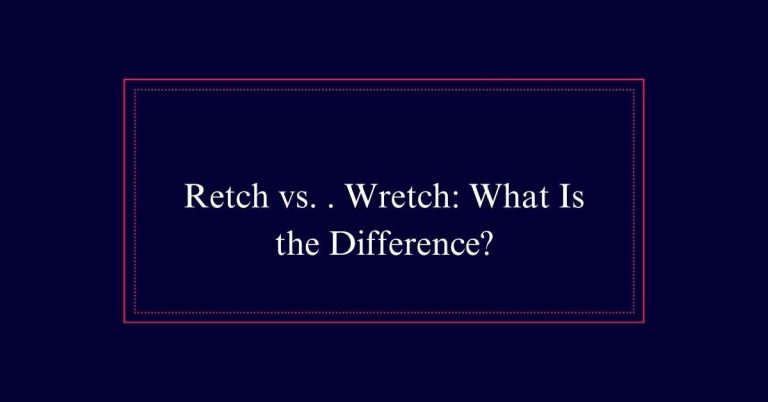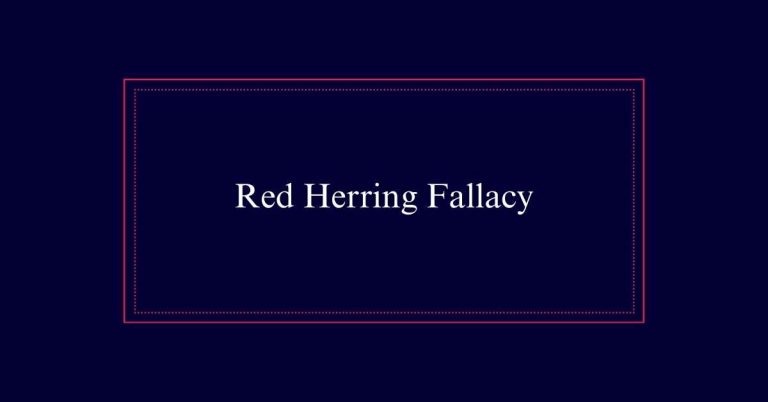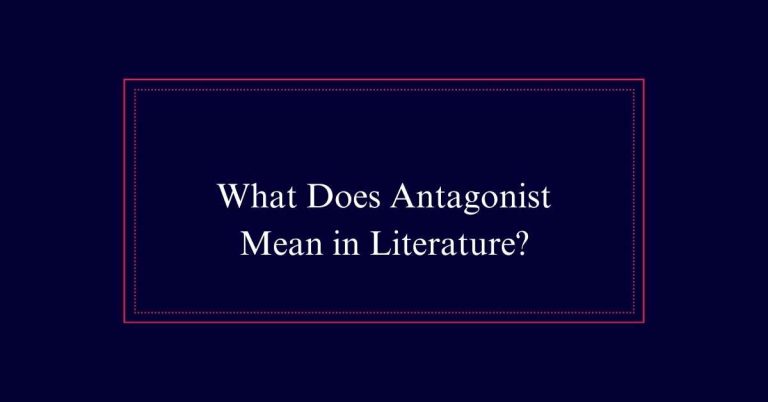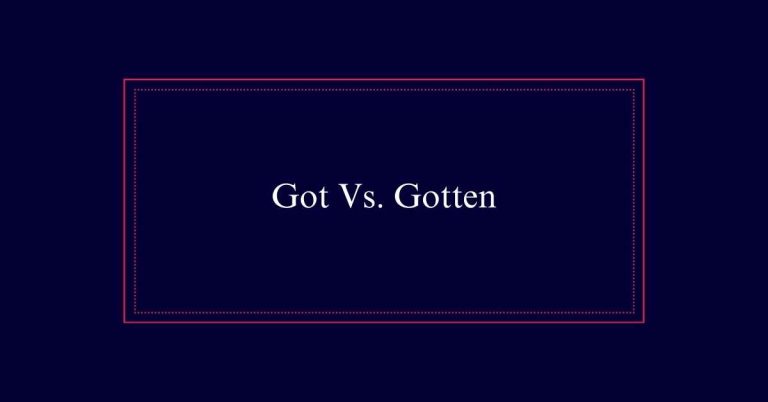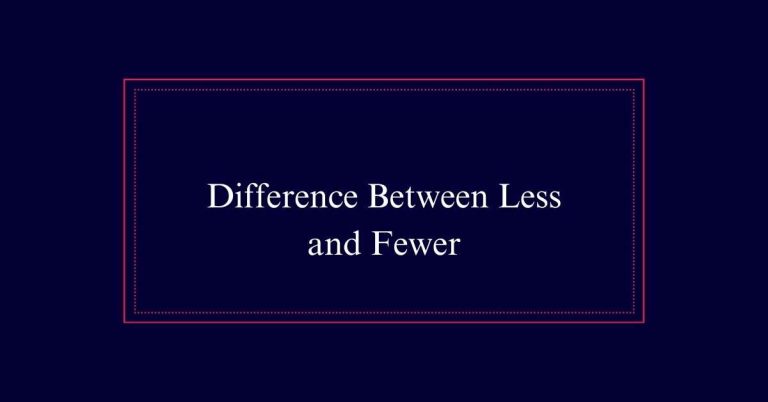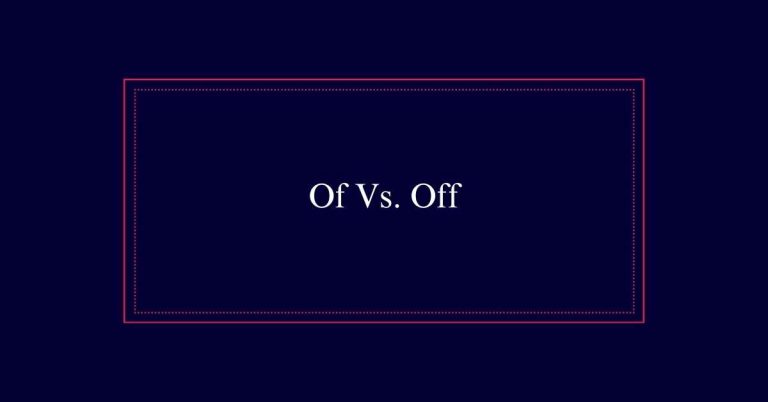What Is a Paradox in Writing?
A paradox in writing is a statement that seems contradictory at first, but reveals a deeper truth upon reflection. It challenges logic and invites readers to think critically, often adding complexity and depth to a narrative.
By presenting apparent contradictions, paradoxes encourage readers to question their assumptions and uncover hidden meanings. They disrupt the flow intentionally to foster deeper engagement and reflection, leading to a profound understanding of the text.
Understanding Literary Paradoxes
A literary paradox is a statement that appears contradictory at first but reveals a deeper truth upon investigation. These paradoxes often defy logic, prompting readers to pause and think.
Initially, the contradiction seems to disrupt the flow of reading. However, as readers explore further, the hidden meanings and truths become apparent. This intentional disruption engages readers, making them consider the text more thoughtfully.
Paradoxes are valuable tools for writers. They reveal profound insights about characters and themes. By challenging surface-level understanding, literary paradoxes add complexity and depth to a work. They are crafted with clever writing, ensuring that the contradiction leads to a meaningful conclusion. Without this, a statement ceases to be a literary paradox.
Layers of a Paradox
Understanding the layers of a paradox involves examining both its apparent contradiction and the deeper truth it conceals. The first layer presents a statement that seems to defy logic or common sense. This initial confusion is intentional, designed to explore the reader’s usual thought patterns.
As readers investigate further, the second layer begins to emerge. This layer reveals a hidden truth or insight that challenges conventional wisdom. It requires careful reflection and often leads to a profound understanding.
Impact on Readers
Moreover, at its core, paradoxes compel readers to pause and reflect deeply. This reflective pause interrupts the flow of reading, forcing readers to engage more actively with the text.
Readers must dissect the contradiction and uncover the underlying truth. This process can lead to a richer understanding of the themes and characters. Paradoxes also make readers question their own assumptions and beliefs.
The deeper engagement fosters a more memorable reading experience. Moreover, paradoxes can evoke emotional responses, ranging from amusement to profound insight. They add layers of meaning, making the narrative more complex and engaging.
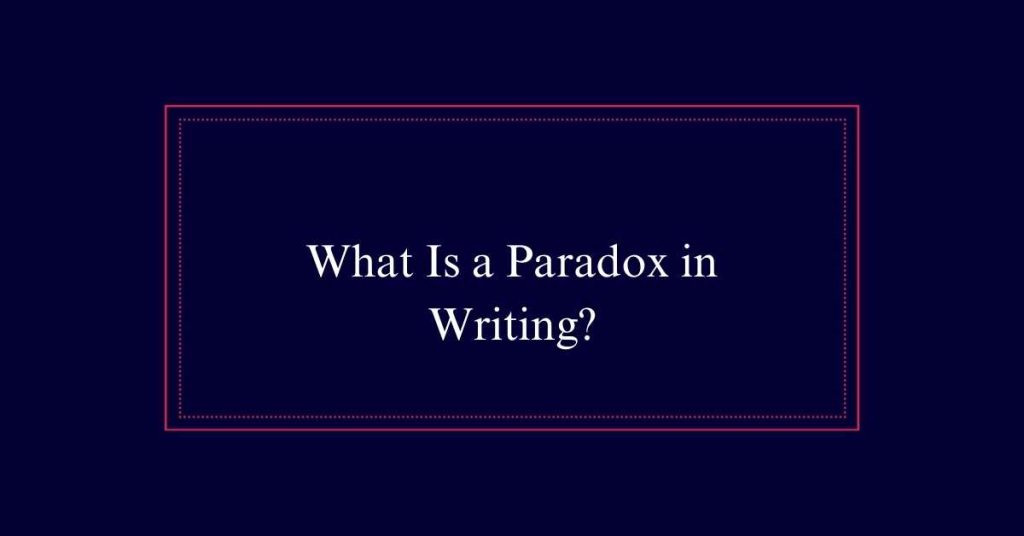
Usage in Writing
In writing, paradoxes serve to engage readers by prompting them to explore deeper meanings within the text. They can be powerful tools to add complexity and depth to a narrative.
Paradoxes are used strategically by authors to:
- Highlight Contradictions: They showcase conflicts within characters or situations, drawing readers’ attention to underlying issues.
- Create Intrigue: Paradoxical statements spark curiosity, encouraging readers to investigate further into the story.
- Enhance Themes: They can underscore central themes, making abstract ideas more tangible.
- Stimulate Thought: By presenting seemingly illogical statements, paradoxes push readers to think critically and reflect.
Revealing Deeper Truths
Paradoxes reveal deeper truths by challenging readers to look beyond the obvious and explore hidden layers of meaning. They prompt readers to reconsider their assumptions, leading to new insights. By presenting contradictions, paradoxes make readers pause and think critically. This deeper engagement uncovers complexities in characters, themes, and situations.
For example, the statement ‘less is more’ suggests that simplicity can lead to greater impact. Initially contradictory, this paradox reveals a truth about the power of minimalism. Authors use such paradoxes to add depth and provoke thought, encouraging readers to engage more deeply with the text.
Humor and Roundabout Meanings
Although paradoxes often present contradictions, they can also create humor and roundabout meanings that add layers to the narrative. This use of paradoxes serves to entertain readers and provide them with unexpected insights.
Paradoxes in writing can make readers laugh, think, and see things from a new perspective. Here are four ways paradoxes achieve this:
- Surprising Juxtapositions: Combining two contradictory ideas can lead to humorous revelations.
- Irony: Paradoxes often use irony to highlight absurdities in human behavior.
- Wordplay: Clever language in paradoxes can amuse readers by twisting conventional meanings.
- Subversion of Expectations: Paradoxes make readers reconsider their assumptions, often leading to a comedic twist.
Crafting Effective Paradoxes
Creating humor and depth through paradoxes requires meticulous and clever writing. An effective paradox begins with a statement that appears contradictory at first glance. This initial contradiction engages the reader’s curiosity.
Next, the writer must guide the reader to uncover a deeper truth hidden beneath the surface. This discovery process is essential; without it, the paradox falls flat and loses its impact. Precision in language is key, as every word should contribute to both the contradiction and the underlying truth.
Avoiding logical paradoxes guarantees that the statement remains meaningful. Crafting such paradoxes demands a keen understanding of the subject matter and the ability to see beyond the obvious, providing readers with rewarding insights.
Literary Vs. Logical Paradoxes
In literature, paradoxes serve to reveal deeper truths, while logical paradoxes defy resolution and challenge the foundations of reason. Literary paradoxes enrich narratives by adding layers of meaning and complexity. They make readers pause, think, and uncover hidden insights.
Logical paradoxes, on the other hand, pose unsolvable problems that highlight limitations in reasoning.
Here are key differences:
- Purpose: Literary paradoxes aim to deepen understanding, while logical paradoxes expose logical inconsistencies.
- Resolution: Literary paradoxes often have meaningful conclusions; logical paradoxes do not.
- Usage: Authors use literary paradoxes to engage and provoke thought; logical paradoxes are used to explore theoretical concepts.
- Impact: Literary paradoxes add depth to stories, whereas logical paradoxes challenge perceptions of logic and reason.

